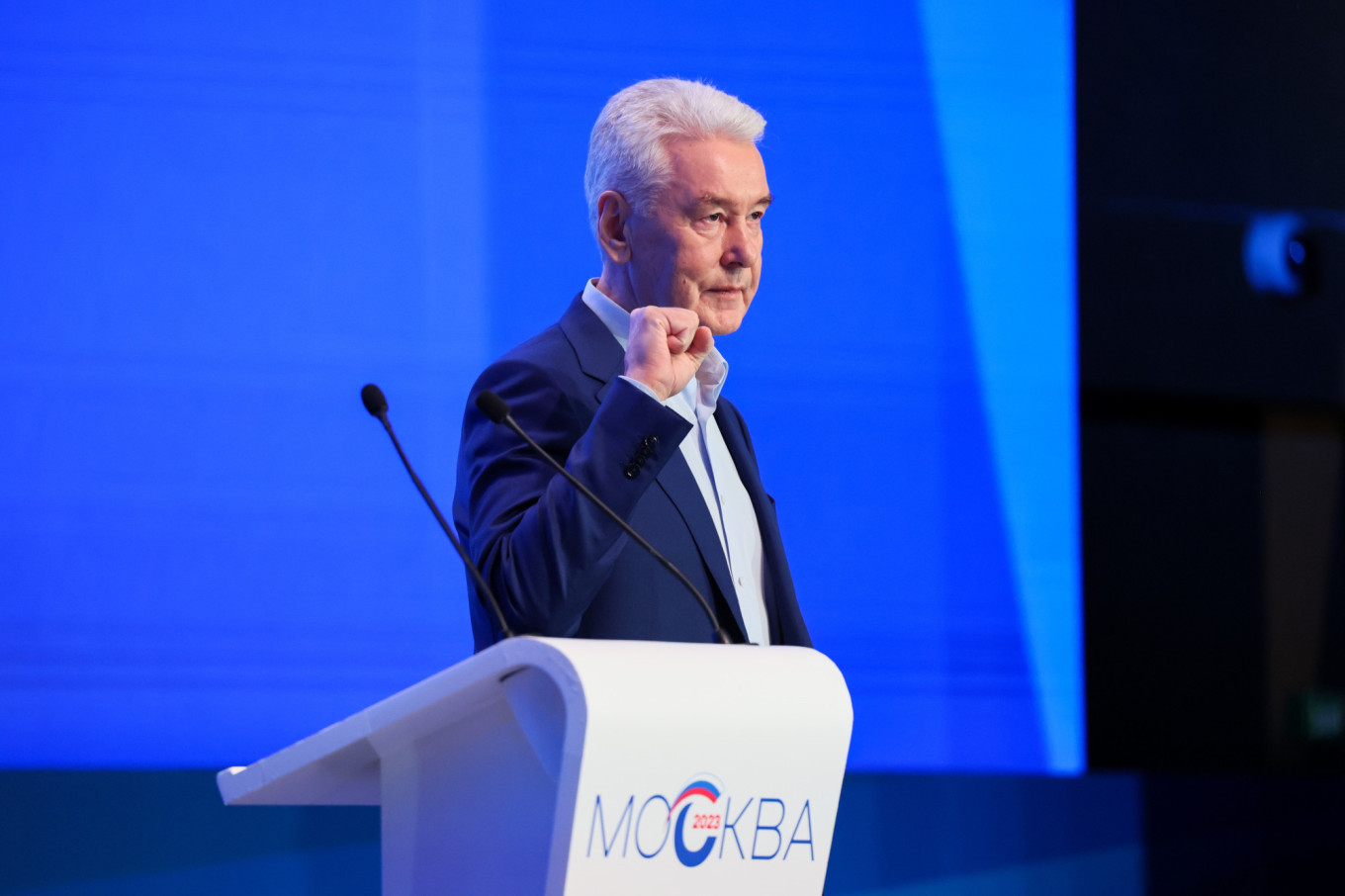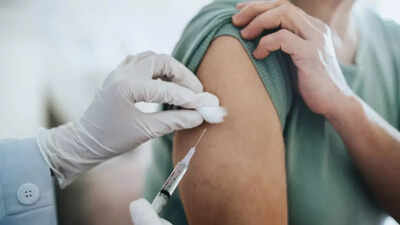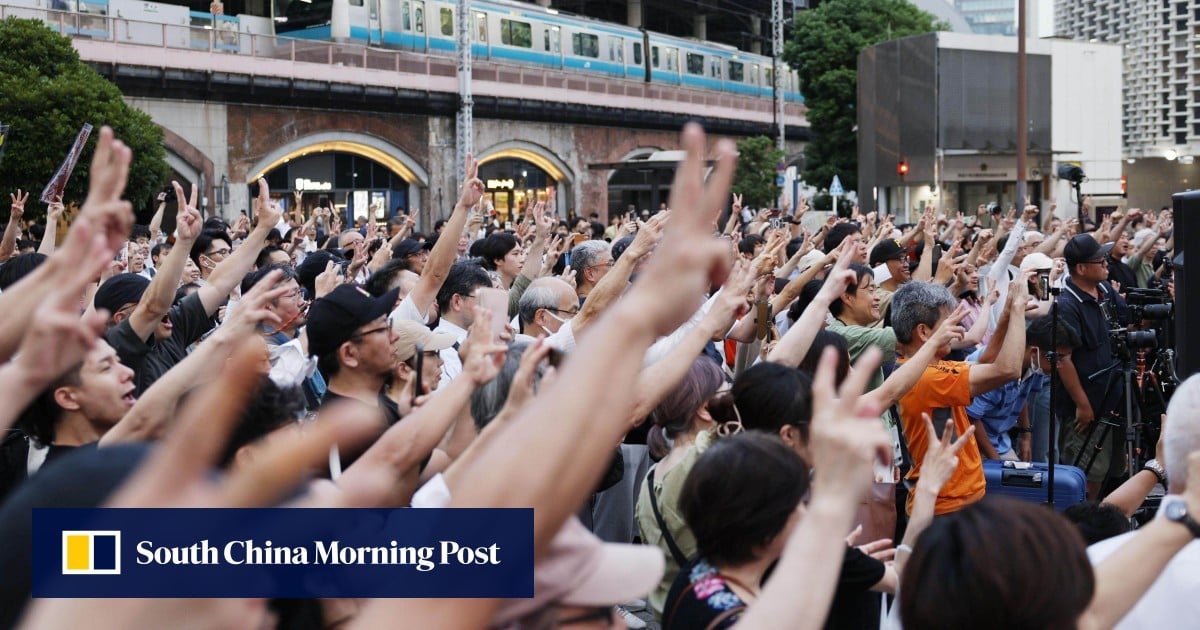Moscow Mayor Sergei Sobyanin is anticipated to secure re-election by a wide margin in the upcoming mayoral elections. This is largely due to the elimination of virtually all other opposition and independent candidates.
Over the years, Sobyanin has guided Russia’s capital, home to 12 million people, through numerous challenges, including mass protests, the Covid-19 pandemic, and ongoing drone attacks amid the prolonged war in Ukraine.
As a 65-year-old technocrat and a close associate of President Vladimir Putin, Sobyanin has spearheaded the city’s renovation and beautification efforts, coinciding with the Kremlin’s gradual dismantling of the opposition.
The high levels of protest activity in Moscow have dwindled, with a lack of triggers and leaders. Oleg Ignatov, a senior analyst at International Crisis Group, stated, “People are completely disoriented and depressed. Regime opponents have been demobilized,” in an interview with The Moscow Times.
Sobyanin, who first assumed office in 2010 without an election, was nominated to run in the mayoral race by the ruling United Russia party. He currently leads with a 77.5% support rating, according to state-run pollster VTsIOM’s early September survey. Another poll conducted by the Russian Field agency in August showed that 66% of eligible voters surveyed support Sobyanin’s candidacy.
Historically, Moscow has been an epicenter of protests in Russia. Elections at any level – municipal, city, and national – have always posed challenges for the Kremlin and the City Hall.
In 2011-12, the first mass protests during Putin’s tenure erupted on Bolotnaya Square in central Moscow. Around 80,000 demonstrators took to the streets to protest against electoral fraud and demand a re-run of the presidential election.
In response to those protests, the Kremlin gradually intensified its crackdown on the opposition and independent voices over the next decade.

Sergei Savostyanov / TASS
Opposition figures who had gained significant visibility, influence, and support in Moscow, such as Alexei Navalny, Ilya Yashin, Alexei Gorinov, and others, have been imprisoned in recent years.
Hundreds of other politicians, activists, and independent journalists have been forced to flee abroad to avoid persecution, particularly since the invasion of Ukraine triggered a widespread crackdown on dissent.
With the opposition effectively eliminated, the Kremlin and Moscow City Hall have been able to register token election rivals for Sobyanin.
The candidates running against him include four politicians who have little chance of winning. Vladislav Davankov, a candidate from the Kremlin-sanctioned New People party, even admitted publicly on the eve of the vote that he had no intention of winning.
Another opponent, Dmitry Gusev from the A Just Russia party, known for his nostalgic view of the Soviet Union, has stated that Muscovites’ greatest desire is for life to be “like it was in the U.S.S.R.”
The other candidates include Leonid Zyuganov, the grandson of Communist Party (KPRF) leader Gennady Zyuganov, and Boris Chernyshov, a representative of the nationalist Liberal Democratic Party who gained attention by participating in a televised debate alone after no other candidates showed up.
Interestingly, Sobyanin did not even bother to run a re-election campaign. He seems to rely on the vast infrastructure projects and popular social support programs that have been implemented in Moscow in recent years to gain favor with the city’s residents while billions of rubles have been invested in the city’s development.
A source close to Moscow City Hall, who preferred to remain anonymous, said, “He goes here and there endlessly, opening roads, metro stations, hospitals. He has a really high rating,” in an interview with The Moscow Times.
Meanwhile, authorities have encouraged voters to cast their ballots through an online portal during the three-day voting period, which ends on Sunday.
On Saturday, Putin himself voted in the mayoral election through the online platform and praised its convenience and popularity.
However, critics argue that online voting lacks transparency and opens the door to mass electoral manipulation.
A source close to the Kremlin told The Moscow Times, “Despite the elimination of the opposition, Sobyanin’s team, under the Kremlin’s guidance, has committed to expanding the use of online voting.”
In order to incentivize Muscovites to vote electronically, the authorities are holding a raffle where residents can win gift certificates worth $10-50. Previous lotteries have given away apartments and cars.
Additionally, state-run organizations have been instructed to require their staff to register and participate in online voting, as confirmed by both a communal services employee and a metro worker who spoke to The Moscow Times. Hospitals and clinics received similar orders, as reported by independent news outlet Vyorstka.
The outcome of this weekend’s mayoral election in Moscow will be closely watched, as it takes place just months before the 2024 presidential election. Experts believe that Sobyanin will have no problem winning, but this election will also serve as a test run for the Kremlin’s preparations for the upcoming presidential election in March, in which Putin is expected to seek re-election for a fifth term. Reports suggest that regional authorities have been instructed to ensure at least 80% of the votes for the Russian leader.
The expert Ignatov stated, “The status of Moscow [as a place] where the regime may encounter problems — where it may get fewer votes than in other parts of the country — is gradually waning. After Sobyanin’s election, it will be possible for Putin to get 80% in Moscow.”










